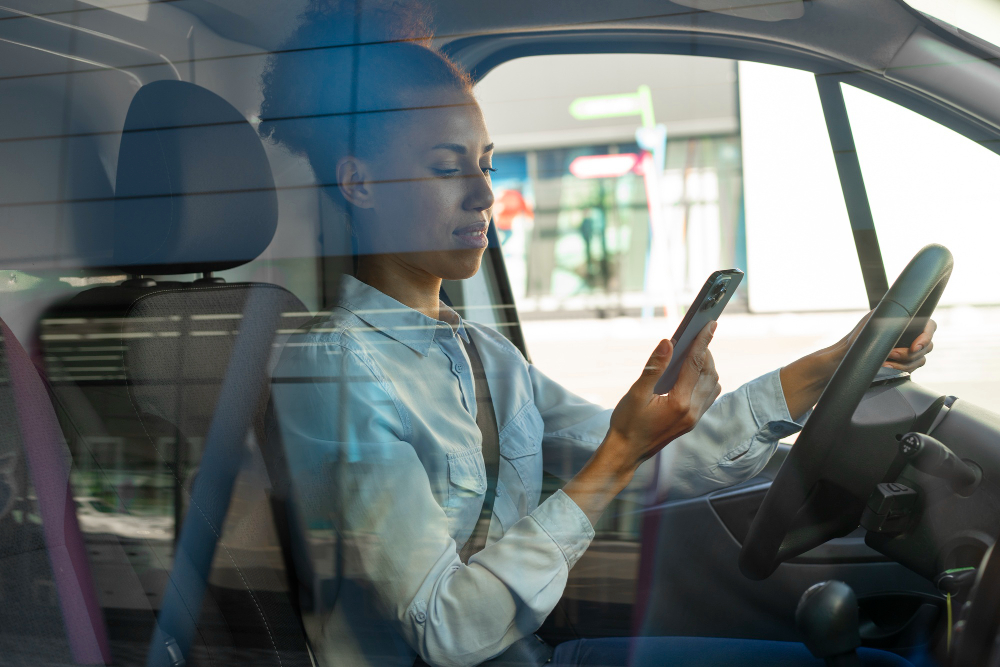The modern look of cars is changing and one thing that plays a major yet often ignored role in this is the window system. Electric vehicle windows have to overcome various problems linked to their ability to perform, use less energy and improve how drivers and passengers interact. Due to progress in EV glass technology, cars now have certain features such as smart glass for cars, energy efficient car windows and other high-tech EV window innovations.
Evolution of Electric vehicle windows
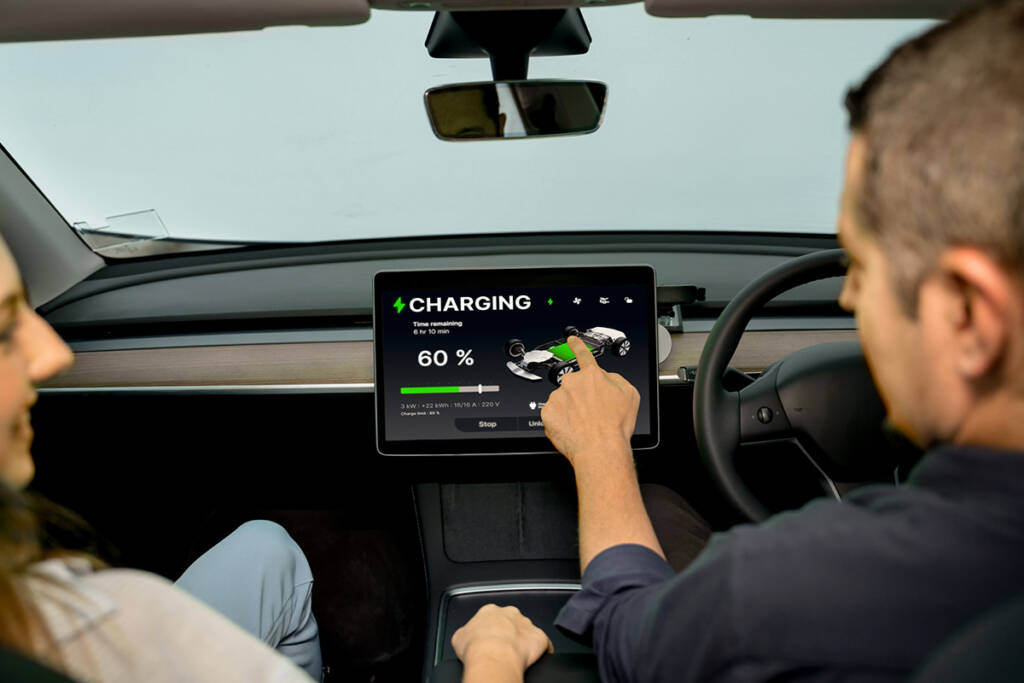
Modern times need windows that are more advanced than before. Currently, electric vehicle windows should be very light, keep heat out, be soundproof and be user-friendly. Now, EV glass technology helps windows become useful for the car’s operation, making them more useful than just being windows.
Nowadays, electric vehicle windows should help save energy, be controlled through the car’s computers and fit smoothly with other digital systems. With Smart glass for cars that allows drivers to adjust the light, their privacy and the temperature of the car. Thanks to energy efficient car windows, the car doesn’t have to rely on the HVAC system as much and this helps save battery power. Overall, these improvements are the latest EV window innovations that make driving more comfortable and the car more efficient.
What is Required for Electric Vehicle Window Systems
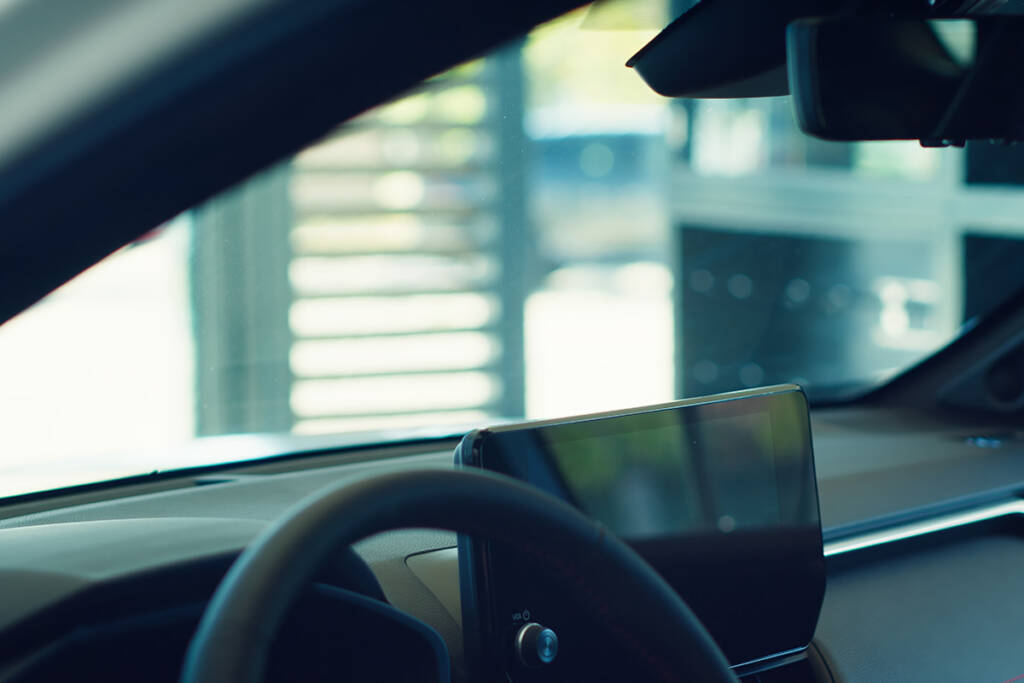
- Lightweight Materials
Making vehicles lighter is very important for EV design. The materials used in electric vehicle windows should be light and strong so as to save battery on the long run. EV glass technology creates glass laminates that are thin, strong and light so the total weight can be reduced.
- Electric vehicle windows that are light reduce energy consumption.
- EV glass technology is based on items like tempered and laminated glass.
- Making windows lighter is a main goal in the design of EV window innovations.
- Energy efficient and temperatures are properly controlled
The temperature of the cabin in an EV takes a significant amount of energy. Strong and shiny energy efficient car windows are meant to direct solar rays away from the vehicle and keep the internal air warm which saves power the car needs to use.
- On a cooler day, less energy is needed in your vehicle’s HVAC system when using energy efficient car windows.
- Double glazing and infrared coatings are included in EV glass technology.
- Sustainable EV window developments depend on these technologies.
- Acoustic Comfort and Visual Comfort
These vehicles are quieter when running. In turn, the soundproofing in electric vehicle windows needs to be exceptional. With the help of modern interlayers, the sound of passing vehicles is blocked by EV glass technology.
- This increases the quality of driving with electric vehicle windows by reducing noise during the journey.
- Auto-tinting technology in smart glass for cars can give drivers less eye strain.
- Contemporary EV window innovations focus on giving you a peaceful ride.
- Both digital and smart strategies are being used.
You can use smart glass for cars to tint the windshield, show nearby information on the windshield and control options with your fingers. This way of making electric vehicle windows demonstrates what is on the horizon.
- Big changes in natural lighting cause smart glass for cars to adapt automatically.
- Control of EV windows innovations by gestures or an application is a type of innovation.
- Digitalization is a main feature in the best EV glass technology.
Some Prominent Advantages of EV Window Innovations
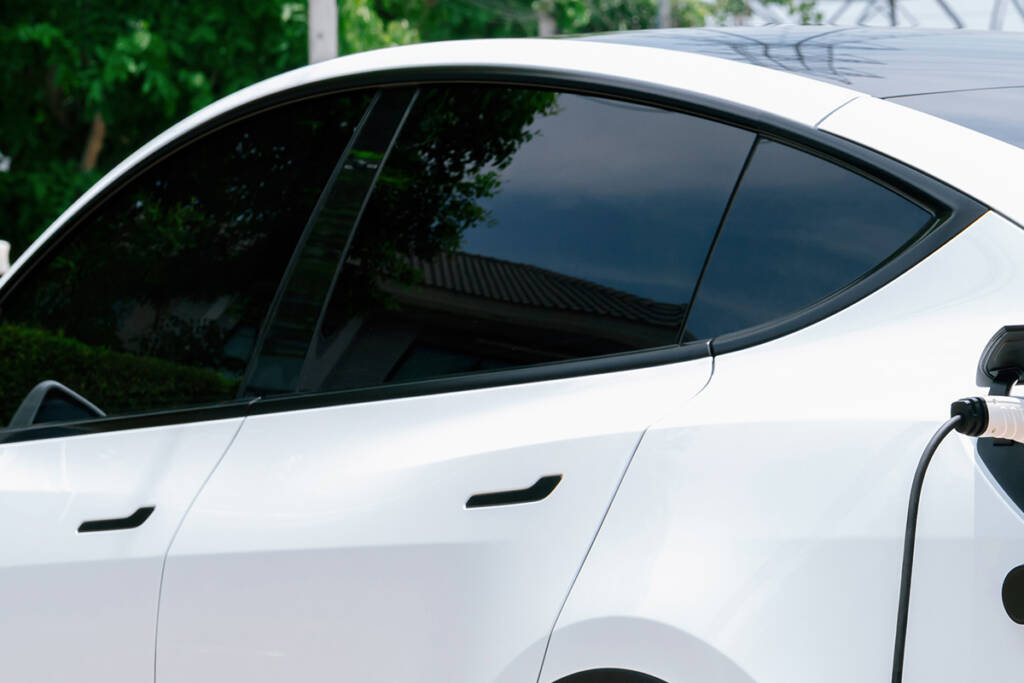
- Both electrochromic and SPD Tinting
With this technology in smart glass for cars, users can lower the tint, making driving more comfortable and cool.
- Ensures personal privacy and also gives a better appearance to the electric vehicles windows .
- Using this idea helps you save energy in line with energy efficient car windows objectives.
- These are widely used in the best high-quality EV window innovations.
- Low-E and IR-Reflective Coatings.
Energy efficient car windows normally contain coatings that keep the interior of the car cooler by blocking UV and infrared rays.
- An important part of complete EV glass technology systems.
- Lowers the need to use air conditioning.
- All modern electric vehicles depend on electric vehicle windows for their working.
- Designs that are curved or panoramic
The look of electric vehicle windows is now giving drivers more access to natural light and sights outside.
- The design of EV window innovations now includes using aerodynamic shapes.
- Using panoramic smart glass for cars enhances the view that drivers have.
- How EV glass technology looks and how it works in the car.
- Technology for Electric Vehicles of the Future
EV glass technology is always progressing rapidly. Here are some important trends to look at.
- Batteries are charged in electric vehicle windows that feature photovoltaic surfaces.
- Automobiles will soon have voice and gesture-controlled smart glass for cars.
- EV window innovations that include AI for safety awareness and routing in the car.
- Examples of things that have increased innovation:
- Automatically cleaning Electric Vehicle window systems which use electricity.
- Energy efficient car windows that help cars save energy in changing weather conditions.
- Having smart glass for cars that supports 5G for entertainment and communication.
Regulatory Standards for Electric Vehicle Windows
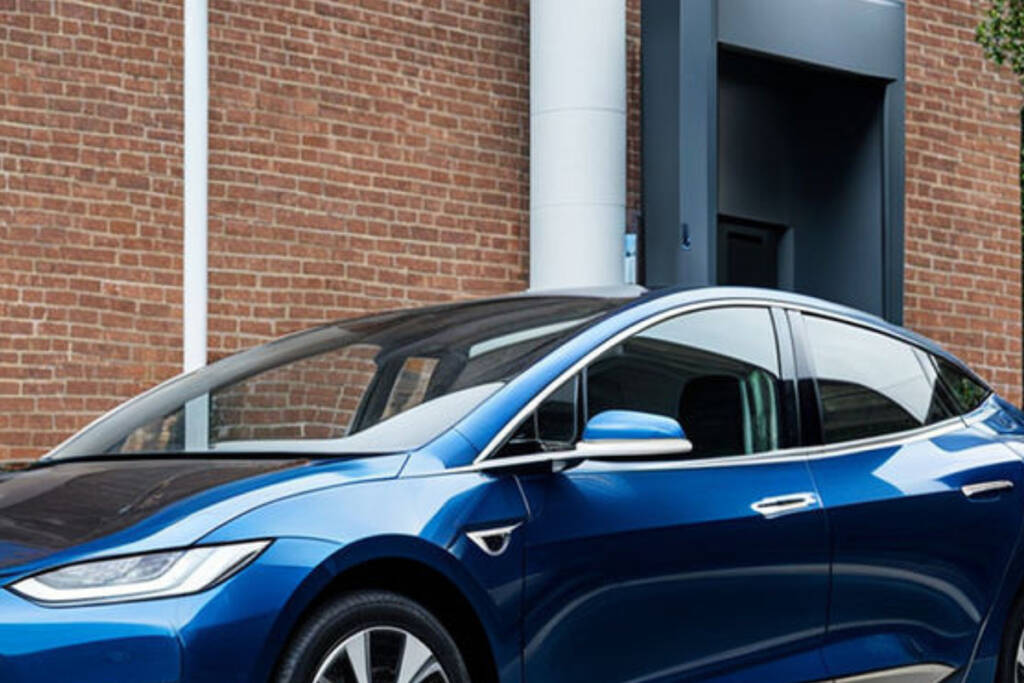
The global transition to sustainable mobility has resulted in new regulatory changes regarding electric vehicle windows. Governments and automotive regulatory bodies are now focused on how the new EV glass technology may be developed, implemented and built, including safety, energy efficiency and environmental responsibility.
Electric Vehicle windows must now meet regulations regarding vehicle crash safety, pedestrian impact, minimization of glare, and other regulations, where traditional glass on vehicles do not have to meet the same standards. As these regulations evolve, there is a clearer understanding of how the new technology within EV window innovations are intended to help support human safety and vehicle efficiency.
The most significant changes in legislation generally are related to energy efficient car windows. Instead of being purely dependent on the value of conduction of glass, vehicle windows are now being tested for solar heat gain coefficient, infrared reflectivity and ultraviolet rejection.
As the advancements of the EV glass technology continues to be a benchmark, regulatory thresholds for testing solar heat gain coefficient, infrared reflectivity and ultraviolet rejection are evolving. Regulations now require smart glass or electrochromatic glass, that adjusts the tint while being operationally transparent, smart glass for cars to have transparency regulation in approved and unapproved states.
- Key regulatory factors include:
- All electric vehicle windows must not only perform well in crash tests and glass breakage tests, but it is also best practice to have doors and windows checked for strength, safety, and appropriate glass sizing.
- Future, good EV glass technology will likely include low-emissivity coatings, laminated glass, or dual multi-glazed glass for greater performance both in terms of safety and energy efficiency, while others will likely be quite simple – this depends on which technology evolves to be accepted.
- In regards to smart glass for cars, it must be responsive, pass intended optical performance, and produce no legal viewability or identification issues in various weather and visibility conditions.
- For energy efficient car windows, electric vehicle glass must allow for passive cooling to reduce HVAC loads if appropriate materials are used as per international standards.
- Large scale adoption of smart glass mainly through the EV window innovations would be meaningful and helpful.
Creating restrictions in the form of standards like these, encourage regulatory bodies to motivate manufacturers to build more consistent, innovative and responsible car solutions for their electric vehicle windows, while at the same time helping to develop trust in consumers and introducing new more future-oriented EV glass technology solutions.
Also check out our detailed blog on Automotive Window Systems: Engineering for Safety and Comfort
FAQs: Technology Behind Electric Vehicle Windows
Because of the EV glass technology they use, electric vehicle windows are lighter, heat-insulated and equipped with features for smart glass for cars.
Smart glass for cars is fitted into electric vehicles, empowering them to tint, offer privacy and defend against the sun at your command.
Indeed, having energy efficient car windows cut down on energy use since the HVAC is needed less, supporting increased battery life in EV cars.
Certain EV windows innovations have new features such as solar-charging windows, AR displays and glass that can be controlled with a car’s electronic system.
When glass technology in EVs cuts down heating and improves insulation, it keeps the cabin cooler, reduces energy use and allows for further driving.
Absolutely. Most electric vehicle windows have smart glass that is subjected to intense testing and follows worldwide safety rules.
Electric car windows are more high-tech, though manufacturers specializing in EV would be able to fix any issues that come up.
Even though they might be costlier upfront, EV window innovations bring savings in energy, better comfort and less upkeep over the years.
Energy efficient car windows keep the inside of your car comfortable, use less energy and increase your EV’s range.



